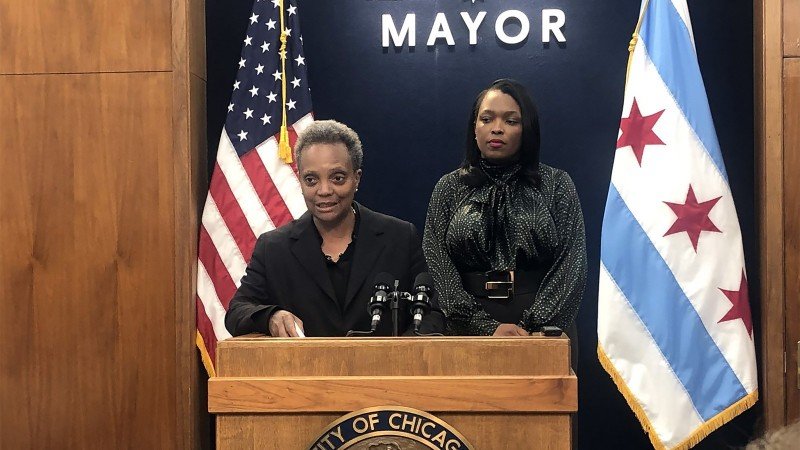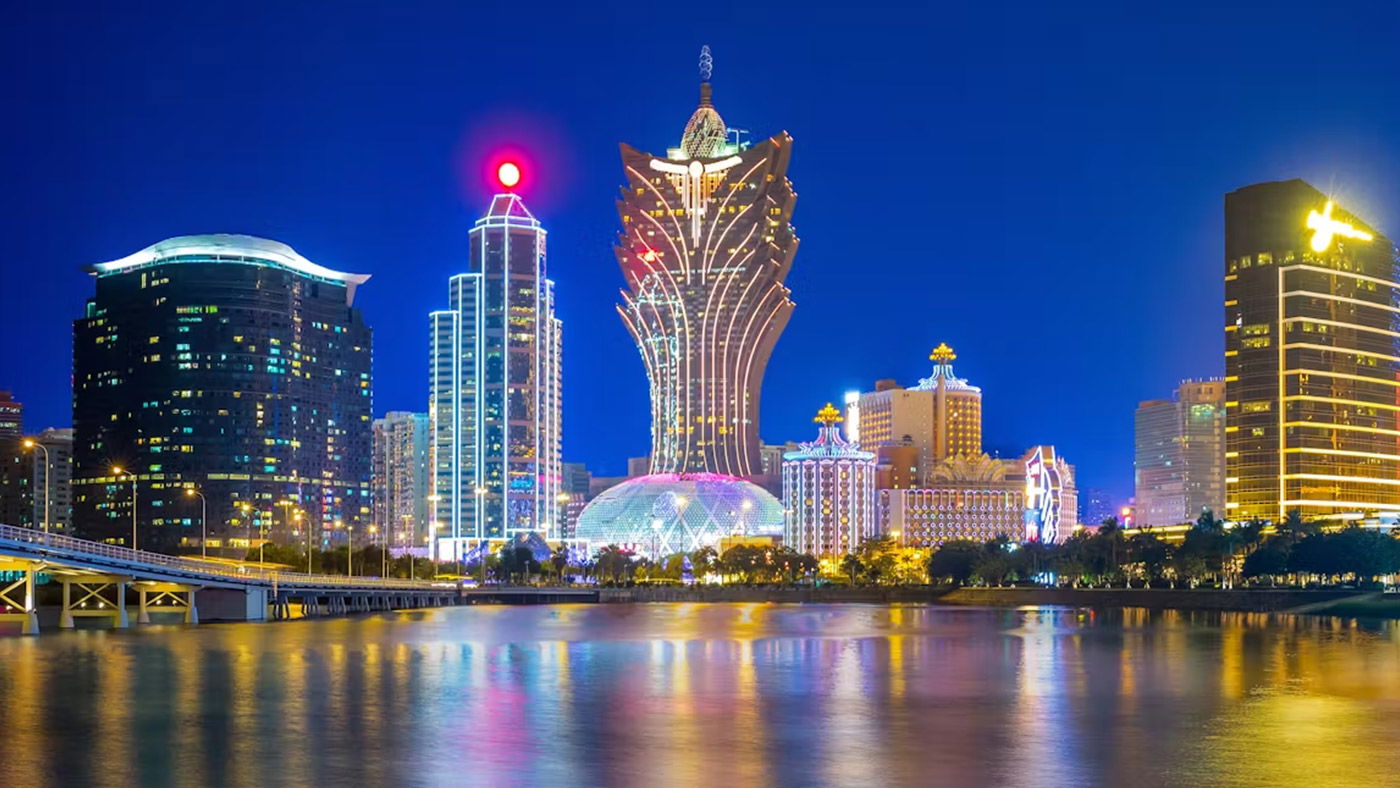Chicago Mayor pushes for city-state owned casino, or lower tax rates for privates

Chicago Mayor Lori Lightfoot is pushing two options for a Chicago casino. One calls for a casino owned by both the city and the state, the other calls for a privately-owned casino with a revised, feasible tax structure. She acknowledged Friday she will have no choice but to raise property taxes if her agenda falls flat in the General Assembly’s fall veto session.
Lightfoot’s requests for a graduated real estate transfer tax and a casino gambling fix face long odds in Springfield amid a blockbuster corruption scandal that has spread from Chicago and the south suburbs to Springfield.
A legislator who has taken the lead on gambling issues has also argued that re-opening the casino bill for Chicago would “open the floodgates for everybody who has problems with” the legislation causing “unnecessary drama,” according to the Chicago Sun Times.
Lightfoot pitched the proposal to Illinois lawmakers last Tuesday, when she said either would require the Legislature to approve taxes lower than those written into expanded gambling legislation enacted earlier this year.
A study by Las Vegas-based Union Gaming determined that with an effective tax rate of 72% — including a third of revenue earmarked for city police and firefighter pensions — on top of fees, no developer could secure financing for construction of a casino.
Democratic state Rep. Greg Harris of Chicago says Lightfoot will have a hard time getting a tax change, the Associated Press reports. He says the tax structure for a Chicago casino is part of a package for existing casinos and six new ones.
Springfield key lawmakers say the proposal of having a casino jointly owned by a city-state commission faces an uphill fight to win passage in the General Assembly's fall veto session, as Lightfoot wants, and Governor J.B. Pritzker has yet to confirm he’s on board.
"It's problematic," said Sen. Melinda Bush, a Democrat but one from suburbia (Grayslake) who has focused on ethics issues during her years in the Senate. Voting to create a government-owned casino "is really a tough call, given what we’ve seen lately on ethics issues. I think a lot of people would be reluctant (to back it)," she said, according to Crain’s Chicago Business.
Sen. Terry Link, D-Waukegan, is the chief sponsor of the bill approved in the spring that authorized new casinos in Chicago and other locations. He said he potentially could vote for Lightfoot's plan, but doubts most of his colleagues or Pritzker will go along. "This idea is not new. This was floated in the spring. The governor was adamantly opposed," Link said. "He told me that he did not want city ownership in any regard."
Pritzker's office in a statement neither confirmed nor denied what Link said, but the governor made it clear he has yet to be convinced to support the concept of a government-owned casino. "The governor remains open to a number of approaches for making the Chicago casino successful, but with regard to public ownership, our administration would need to ensure that the challenges of public ownership are fully understood and addressed," it said.
Under Lightfoot’s plan, a commission of two members selected by the mayor and two by the governor would own the casino license, with a fifth member, the chairman, selected by the other four. The state would get 51 percent of the profits, an estimated $381 million a year, dedicated to paying part of the costs of Pritzker's just-passed $45 billion capital program. The city would get $366 million, money that would go to the city’s cash-short police and fire pension plans and help Lightfoot plug a big budget hole. The casino would be operated day to day by an outside management firm.
Lightfoot has an alternate plan, aimed at lowering tax rates of up to 75 percent on a Chicago casino, so private investment could be viable. Under the terms of the fallback plan, the state and city would lower the tax rate on proceeds from slot machines and split the take 51-49. The city also may be willing to delay certain initial tax payments for both the Chicago casino and new gambling outlets in other cities.
The veto session is due to run six days over two weeks, Oct. 28-30, and Nov. 12-14. Lightfoot’s budget is set to be unveiled on Oct. 23.
















